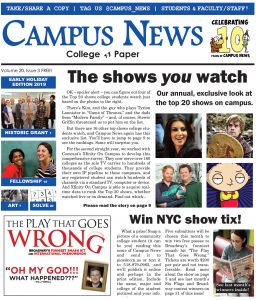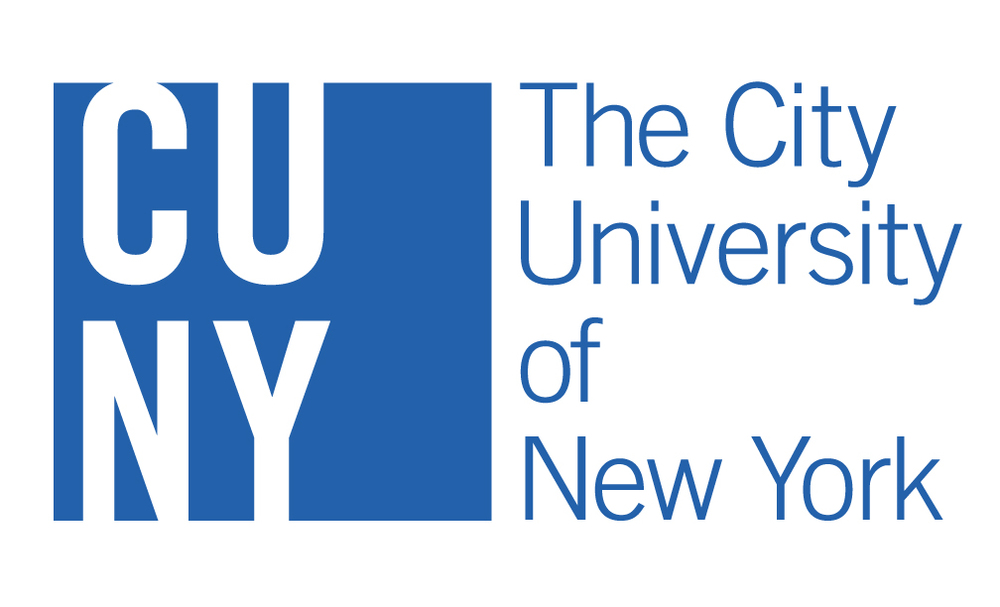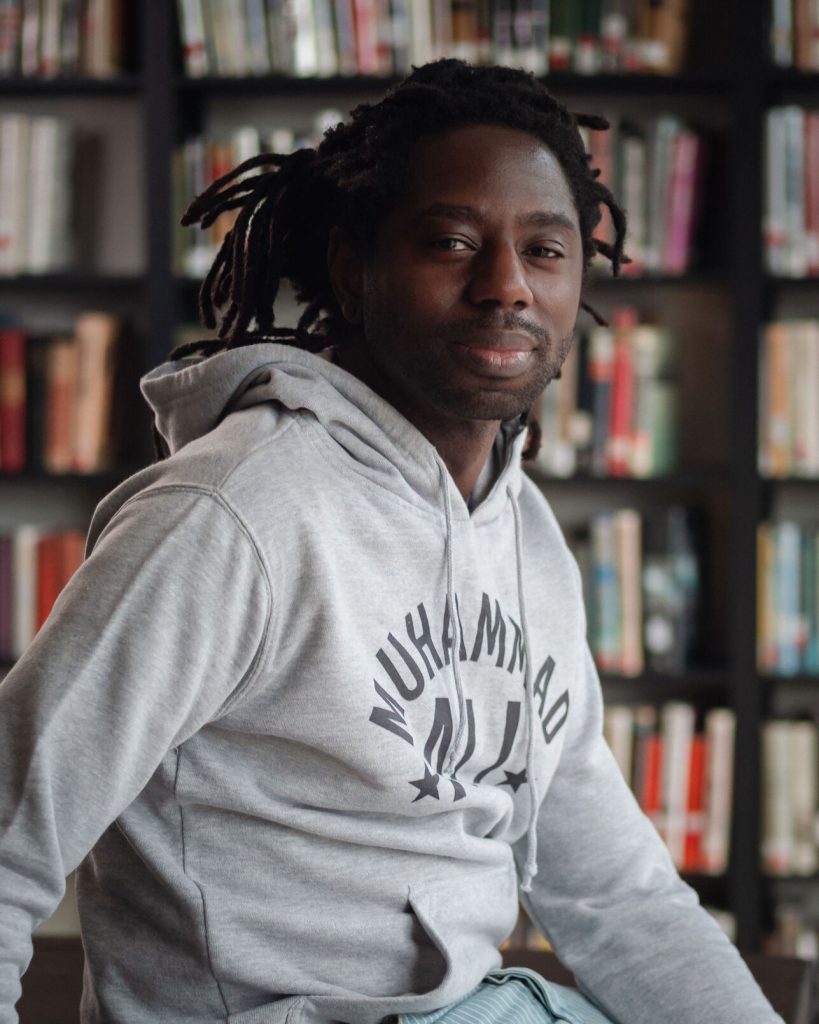The City University of New York is joining with colleges across the country today to celebrate the success of first-generation college students as part of a nationwide salute to their ambition, determination and drive.
The number of CUNY undergraduates who are the first in their family to pursue higher education was 107,778, or 44% of those who were enrolled in the 2018-2019 academic year, a percentage that has remained consistent since 2012, when it was 45%.

“CUNY is proud to recognize first-generation college students for their commitment to education and perseverance, and for the impact they are making on our campuses across the city as they work to better their lives,” said Chancellor Félix V. Matos Rodríguez. “CUNY offers a wealth of resources to support their success. Our historic mandate is to build a bridge to the middle class for students of all backgrounds, including those who are the first in their family to attend college. We are invested in helping them to attain their goals.”
CUNY provides a host of services to assist these students on their landmark journeys. These services include:
- Panther Partners at Borough of Manhattan Community College: Specifically designed to provide first-generation college students with mentors from the school, as well as workshops for professional development.
- College Access: Research and Action (CARA) runs programs and produces research and policy work on the challenges and needs of first-generation college students, and trains peer leaders in programs such as ASAP and College Discovery to support their needs. CARA’s work confronts the gap in post-secondary guidance faced by first-generation college students in New York City.
- SEEK/College Discovery: Provides student-support services that include counseling, tutoring, freshman seminars, supplemental instructions and financial aid.
- TRIO: A set of federally funded college opportunity programs that address academic challenges through individualized interventions that include counseling, tutoring, study skills workshops, advisement, career selection and assistance with transfers to four-year colleges, with a focus on first-generation students.
- CUNY ASAP and ACE: Programs that provide needed financial, academic and personal support to help students complete two-year and four-year degrees in a timely manner.
- Single Stop: A program that connects students with non-academic help such as nutrition benefits, health insurance, legal and financial services and tax preparation assistance, so they can stay focused on their studies. Single Stop services are available at every CUNY community college and at John Jay College of Criminal Justice.
- Food insecurity measures: CUNY offers a broad range of services that include food pantries and voucher programs, to aid student retention and success.
“These are students who are enduring the consequences of living in one of the most challenging cities in the country with huge economic imbalances, yet these students have a huge appetite for education,” said Michelle Fine of the CUNY Graduate Center, a distinguished professor of critical psychology, women’s studies and urban education with a focus on social injustice. “They’re doing everything on their own. They don’t have parents who can buy them into an academic institution. Against the odds, they are persevering and working to achieve their dreams. Their desire is a gift to this institution.”
First-generation college students are making their mark across the CUNY spectrum, and in many cases they’re excelling.
They are students like Baruch junior Essence English, who wants to set an example for her three younger siblings to follow in her footsteps to college. To help ease her transition to Baruch, she utilized the school’s guidance counselors through the school’s SEEK program, and she has participated in a number of supportive school initiatives. She is a member of the America Needs You Fellowship, an extensive two-year program for high-achieving, low-income, first-generation college students. She also takes part in the Financial Women’s Association, which works to expand the role of women in business through mentors; she is the treasurer of Women Empowered for Success, a campus advocacy group dedicated to uplifting, motivating, and empowering women.
“Attending college is something I wanted to do in order to make my parents proud,” English said. “As a college student, I’m constantly emphasizing the importance of education and encouraging others to follow their dreams.”
Lehman junior Azeez Alimi wrestled in his first semester at Borough of Manhattan Community College with choosing classes and balancing academics with employment. “I couldn’t just go home and ask questions,” he said, as the first in his family to attend college. “I had to rely on the administrators for guidance.” He found just that in BMCC’s Urban Male Leadership Academy (UMLA), which offers structured mentorship, individualized academic support services and professional development to underrepresented groups in higher education, particularly men of color. UMLA helped him get a job on campus, structured his class schedule so it didn’t conflict with his work schedule and encouraged him to follow his passions and major in social work and finance.
Alimi is a member of Lehman’s student government. As a participant in the Lehman L.I.F.E. program, which supports student service opportunities, he is also traveling to Puerto Rico next spring to participate in LAC270 Global Citizenship and Service in Latin America.
After working a series of menial jobs, from construction to fast food to even toiling on a shrimp farm, second-year Kingsborough Community College student Anthony Ng made up his mind to be the first in his family to go to college to find a more enduring line of work. He relied on ASAP’s support services, which included an academic counselor, to help provide a sense of direction when he first arrived. He was student government president in 2018 and the vice president for academic affairs this year. Ng, who has a younger sister with autism, wants to eventually own his own business. “A lot of people are counting on me,” he said. “I have a lot of responsibilities.”
The First-Generation College Celebration began in 2017 with colleges encouraged to hold rallies, panel discussions, listening sessions and other activities in recognition of their first-generation students. The day-long celebration is the brainchild of the Council for Opportunity in Education, a non-profit dedicated to uplifting low-income students, first-generation students and students with disabilities, and the Center for First-Generation Students, an advocacy organization.
The celebration is a derivative of the 1965 Higher Education Act (HEA), which provides financial assistance in the form of grants, loans and other programs to college students, particularly from lower-incomes attain degrees.







Facebook Comments